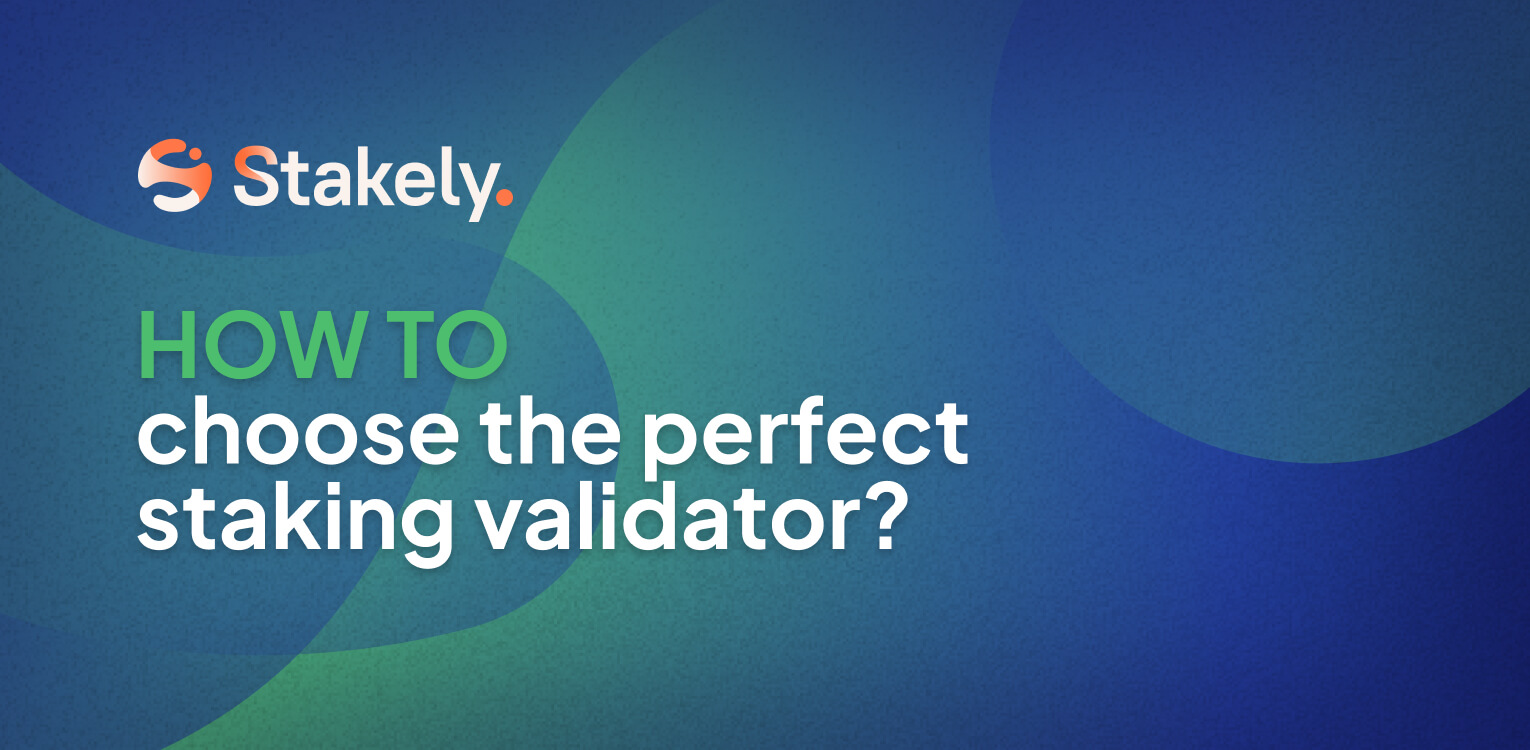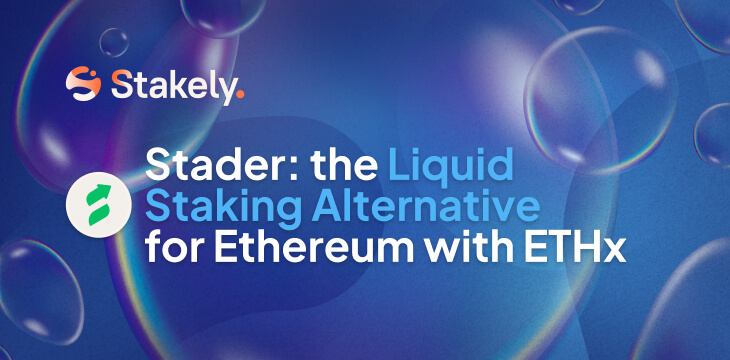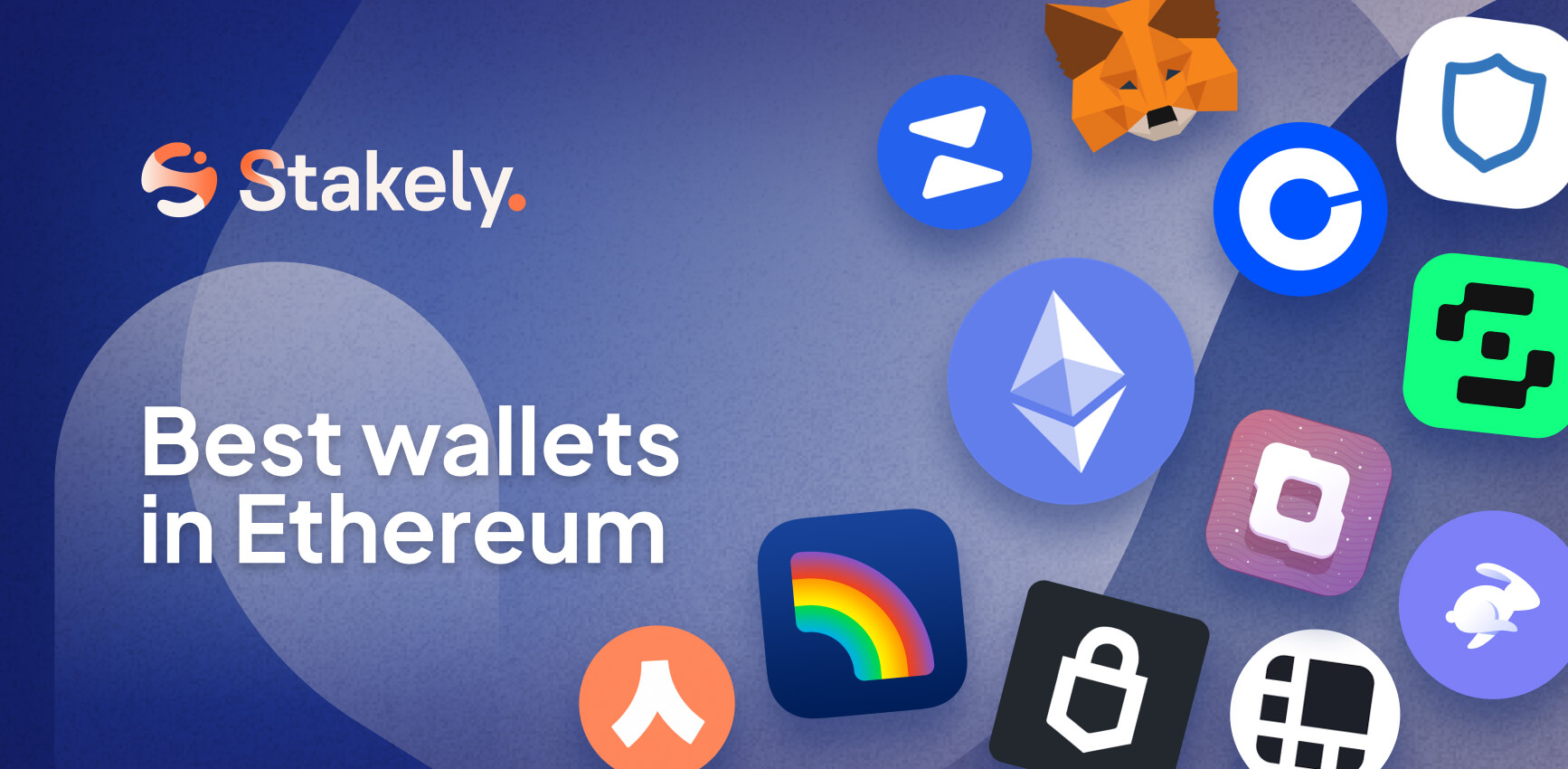7 top tips to choose the best validator in 2025

Looking for the best staking validator to stake your tokens in 2025? Choosing the right validator is a key decision to maximize your rewards, protect your stake, and actively participate in the network.
Whether you’re looking for the best validator 2025 to stake your SOL, DOT, or SUI, or you're comparing options between Cosmos, NEAR Protocol, or Ethereum, here you’ll find everything you need to make an informed decision.
In this guide, we’ll help you identify a reliable validator with a solid track record, staking insurance policies, and low slashing risk exposure—all without sacrificing performance!
1. The “perfect validator”
The idea of a “perfect validator” might sound appealing, but maybe the focus should be elsewhere. It’s not about finding one validator that has absolutely everything—because if such a validator existed, everyone would end up staking to it. The result: centralization, which is exactly what staking aims to avoid.
So rather than searching for a “perfect” option, the important thing is to understand that there are multiple top staking validators, each with different strengths: some prioritize security, others are active in governance, and some maximize rewards or offer staking insurance to mitigate risks like slashing.
The real challenge isn’t to find the ideal validator for everyone, but rather to find the best validator for you—one that aligns with your priorities, risk tolerance, and long-term goals.
2. Staking through a CEX? Why it’s not the best idea
Centralized exchanges (CEXs) can be useful—especially when you need to quickly swap between FIAT and crypto, or access tokens from different networks without technical hurdles. However, there are key factors you should consider before staking directly from an exchange:
- Centralization: they concentrate large volumes of stake, which impacts network security and decentralization.
- No voice in governance: many don’t vote, leaving your power unrepresented.
- High and unclear fees: often lower rewards compared to independent validators.
- No custody: you lose control of your keys; in case of a hack or bankruptcy, you could lose your funds.
- Questionable security: an exchange’s reputation doesn't guarantee a reliable validator committed to the ecosystem.
3. 0% fees, a double-edged sword
Saving on fees sounds great, but many 0% fee validators are excluded from airdrops and other benefits.
Some do it to gain visibility as the best staking validator, but before staking, evaluate their performance, track record, level of decentralization, slashing risk, and whether they offer staking insurance. Free doesn’t always mean better!
4. Avoid staking to the top 20 validators in the rankings
Staking outside the top 20 staking validator can contribute more to decentralization and give you access to airdrops that exclude large validators.
Many lesser-known validators are highly committed to the network and offer strong performance. Supporting them also supports ecosystem diversity and puts your trust in players who are earning their recognition over time.
5. Choose validators who support and give back to the community
Some validators not only keep their nodes in top shape, but also provide tools and resources to improve user experience—like faucets to cover fees.
Plus, a human team that’s active on Telegram, Twitter, and other platforms shows commitment, transparency, and support—key factors when choosing a reliable validator.
6. Staking risks and the importance of staking insurance
When staking, one of the main risks is the validator’s behavior. If they break the protocol rules, they can be penalized (slashed), which can affect your rewards—or even your funds.
That’s why, when choosing the best staking validator, it’s crucial to consider whether they offer staking insurance against slashing. Look for validators who protect their stakers in case they end up in jail—this ensures you’ll recover some or all of your affected funds.
7. Redelegate as many times as you need
Still unsure how to choose the best validator 2025? Don’t worry. In many networks—like those in the Cosmos ecosystem—you can redelegate your tokens without going through the unbonding period, at least the first time.
That means you can move your stake from one validator to another while still earning rewards. However, if you want to switch again after that first redelegate, you’ll need to wait through the unbonding period (e.g., 14 days) before doing it again.
This feature is helpful for comparing staking validator commission, validator performance, or governance participation—without missing out on rewards. Ideal for those looking for a top staking validator that aligns with their staking goals.
Bonus: enhance your staking experience with these tips
Make the most of your staking experience with these additional tips:
Prioritize your language
If you’re not fluent in other languages, choose a validator that communicates in your native language. Being able to ask questions and get support in your language makes a big difference—especially when dealing with technical matters.
Enable compounding
Reinvest your rewards to boost long-term gains. You can do this manually or use platforms like REStake, available when staking with Stakely. It’s a great way to apply an organic compounding interest strategy.
Choose a validator with experience, tools, and solid support
Stakely is a trusted validator with over 5 years of experience, active presence, and robust infrastructure. We offer advanced tools to boost your staking performance—for both individuals and enterprises: Web3 Load Balancer, Multicoin Faucet, Simple CSM, White-Label Staking.
We also develop open-source solutions like Consolideth to help strengthen the ecosystem selflessly.
In addition, our infrastructure complies with high security standards, including staking insurance and internationally recognized certifications such as: SOC2 Type II audit, ISO/IEC 27001:2022 certification, and AAA Rating as a Verified Staking Provider.
All of this, so you can start your journey today toward smart, secure staking—with the best validator 2025 by your side.





